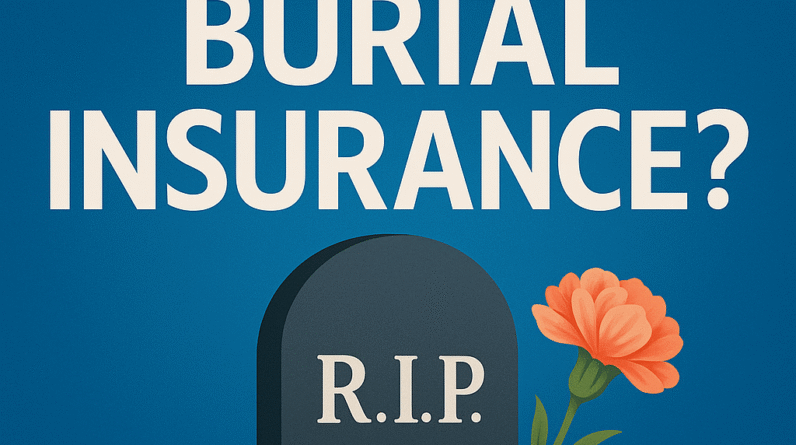Life insurance is commonly seen as a tool for financial protection. However, many people overlook the valuable tax benefits it provides. In 2025, several tax perks are available to policyholders that can help you save money and build wealth over time. Here are the top life insurance tax benefits you probably didn’t know about.
1. Tax-Free Death Benefit Payout
One of the biggest tax advantages of life insurance is that the death benefit is generally tax-free. When your beneficiaries receive the payout, they won’t have to pay federal income tax on the money. This makes life insurance a smart way to pass on wealth without burdening your loved ones with a tax bill.
Why it matters: The full amount of the benefit goes to your beneficiaries, helping them cover expenses like funeral costs, debts, or future living needs without tax deductions.
2. Tax-Deferred Cash Value Growth
Permanent life insurance policies like whole and universal life build cash value over time. The money in this cash value account grows tax-deferred. This means you won’t pay taxes on the gains as long as the money stays within the policy.
Why it matters: Tax-deferred growth allows your savings to compound faster, giving you more value over time without being reduced by yearly taxes.
3. Borrowing Against the Policy – Tax-Free Loans
You can borrow against the cash value of a permanent life insurance policy without paying income taxes on the loan. As long as the policy remains active and is not surrendered, the loan amount isn’t considered taxable income.
Why it matters: You can access funds in emergencies or for major expenses like education or retirement without triggering tax consequences. Just remember, unpaid loans reduce the death benefit.
4. Tax-Free Withdrawals of Premiums Paid
If you withdraw money from your policy’s cash value, you can access your contributions (the amount you paid into the policy) without paying taxes. Only the earnings portion is taxed if withdrawn beyond your premium payments.
Why it matters: This gives you flexibility to access part of your funds without penalties, making life insurance a backup financial resource when needed.
5. Estate Tax Benefits with Proper Planning
If structured correctly, life insurance proceeds can be kept out of your taxable estate. By setting up an irrevocable life insurance trust (ILIT), you can ensure the death benefit won’t be included in your estate for tax purposes.
Why it matters: This strategy helps high-net-worth individuals reduce estate taxes, preserving more wealth for heirs. In 2025, estate tax thresholds may vary, so this tool can provide significant savings.
Bonus Tip: Business Owners Can Deduct Premiums in Certain Cases
If you own a business and use life insurance as part of a buy-sell agreement or for key person insurance, premiums may be tax-deductible. The IRS has strict rules, but under the right circumstances, your business can benefit from these deductions.
Why it matters: This can reduce your taxable business income while protecting your company’s future.
Conclusion: Maximize the Hidden Tax Perks of Life Insurance
Life insurance isn’t just about protection—it’s also a powerful tax planning tool. From tax-free death benefits to deferred cash value growth and tax-advantaged loans, it offers benefits that few people take full advantage of. By understanding these hidden tax perks, you can make smarter financial decisions and get more out of your life insurance policy.
Speak with a qualified financial advisor or tax expert to explore how you can optimize your policy for both protection and tax efficiency. The right guidance can turn your life insurance into a valuable asset for you and your family’s future.






